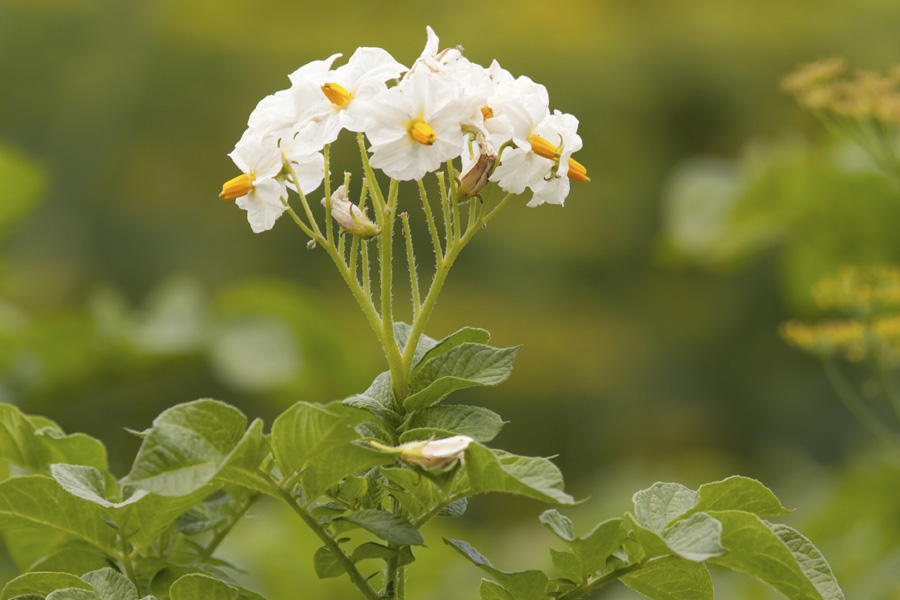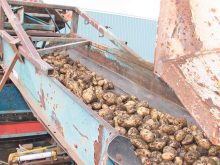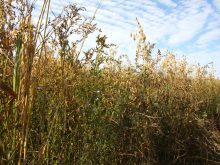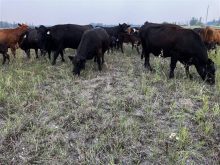After several years of below-average to poor harvests, Manitoba potato growers have finally caught a break.
“There have been some challenging years, so it’s nice to have a strong, good-quality crop,” said Susan Ainsworth, general manager of the Keystone Potato Producers Association. “They were due for a good crop.”
Why it matters: Potato yields were strong this year and all producers expect to fulfil their contracts.
Read Also

Tie vote derails canola tariff compensation resolution at MCGA
Manitoba Canola Growers Association members were split on whether to push Ottawa for compensation for losses due to Chinese tariffs.
According to projections, Manitoba’s final production numbers won’t just be good. They’re expected to be top tier.
The third-quarter report from the United Potato Growers of Canada put the province’s 2023 production at a record 28.2 million hundredweight, up 8.1 per cent from 2022.
It’s a stark contrast to what potato farmers have endured since 2018, a year when 5,200 acres were left in the ground due to wet harvest conditions. In 2019, winter came early, leaving roughly 12,000 acres in the ground. Storage losses compounded the issue.
In 2020 and 2021, it was drought. Contracts went unfulfilled. Last year, late seeding from a wet spring led to yet another disappointing year.
Despite consecutive years of challenges, figures showed 81,000 acres of potatoes were planted this year in Manitoba, a slight increase from the 79,500 in 2022. Harvested acres were predicted at 80,757, with yields expected to be average to above average at approximately 350 cwt. per acre.
As of Oct. 19, the potato harvest in Manitoba was 98 per cent complete, according to the year’s final potato report from Manitoba Agriculture. The report also noted that more than 800 acres of potatoes may be left in the ground because of better than projected yields.
Producers won’t fall short of their contract obligations, said Ainsworth, and quality is good across the board. She credits the warm, summer-like spring.
“Early emergence was the one thing that stood out,” she said. “The potatoes were up and out of the ground quicker than they normally would be because we had some warmer weather in the spring.”
Remaining challenges
Early this year, the Co-operator reported ongoing concerns over the availability of water licences for irrigation. Then-association manager Dan Sawatzky noted that aquifers were “basically fully allocated,” and groundwater licences were rapidly running out.
That had been an issue in 2021, when drought conditions left irrigation reservoirs short.
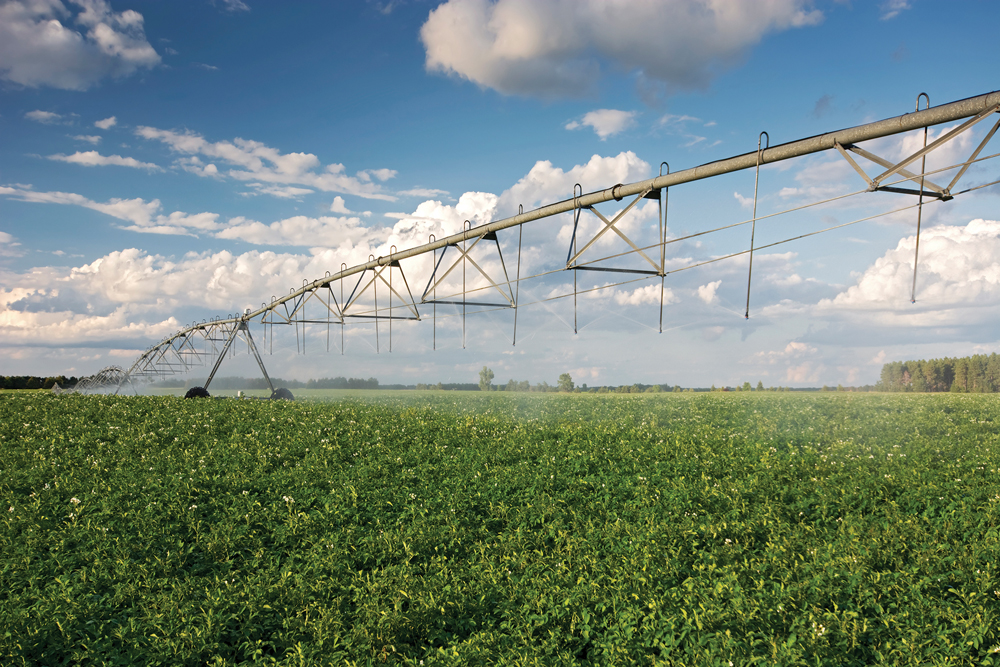
Sawatzky pointed to a University of Manitoba study on recharge rates on the Assiniboine Delta Aquifer, which the association hoped would loosen limits on water licences. This year was to be the last of that five-year project.
It’s still a problem, according to Ainsworth, especially given lack of rain across the province this year. Producers are using water as efficiently as they can, she said.
“But if you look at the weather data, we certainly experienced below-average rainfall amounts in most of our growing regions. So, more water would always be better.”
Potatoes faced the same moisture challenges in-season as other commodities in the province. When precipitation did come, it was in the form of local, patchy thundershowers.
“Yields will fluctuate based on where the rainfall happened,” she said. “We were able to pull off good yields with low rainfall, but yields could have been better in areas if they had received more rainfall.”
Celebration
Ainsworth said farmers are buoyed by the turn of fortunes this year and she credits their persistence.
“The feeling is positive, and I think it’s a testament to their dedication and perseverance that they stick with it,” she said.
“To me, that, in and of itself, is farming. That’s what they signed on for. There’s so much that’s outside of your control with Mother Nature that you do your best.”


